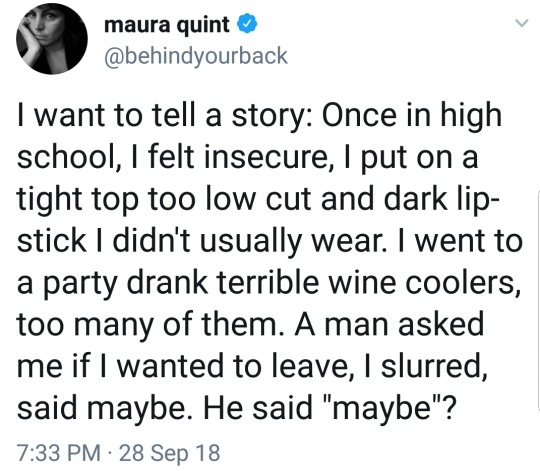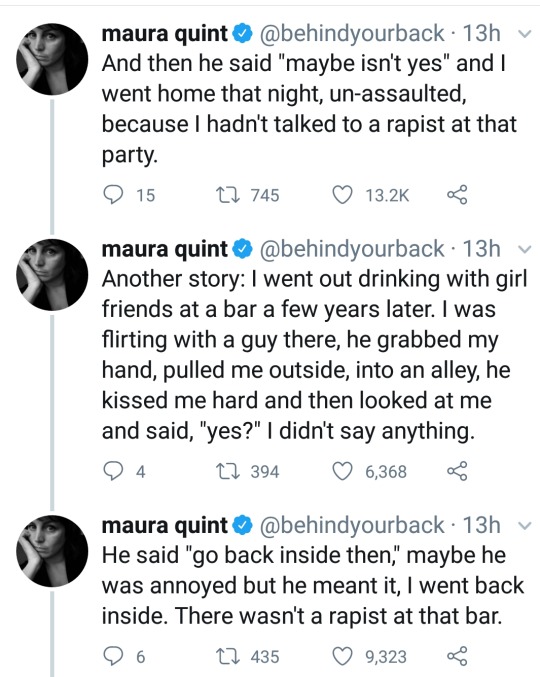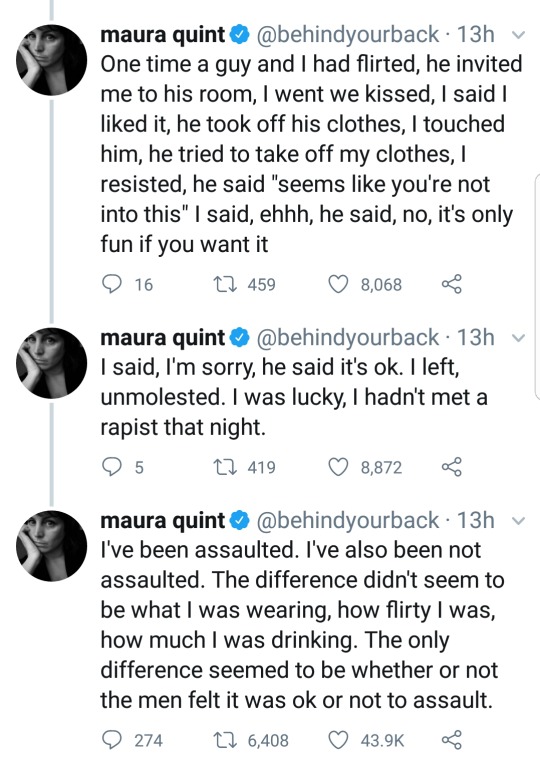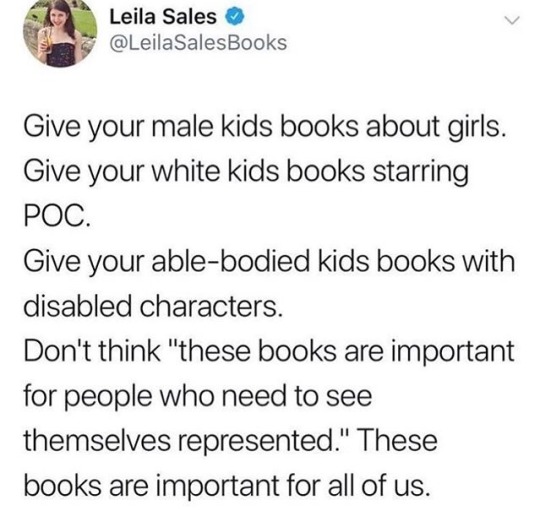Note
what do you think is the deal with so many azov members getting in these photo ops that end up in western press? like in the sense they can’t actually be the majority and direct Russian interference with western press seems unlikely
They're recruiting! It's on purpose! The Azov Battalion benefits greatly from the idea that they're the only real force fighting against the Russians right now, because it further strengthens their narrative that far-right nationalism is the only solution to foreign invasion. The neo-Nazis benefit from the idea that they're in the majority.
277 notes
·
View notes
Text
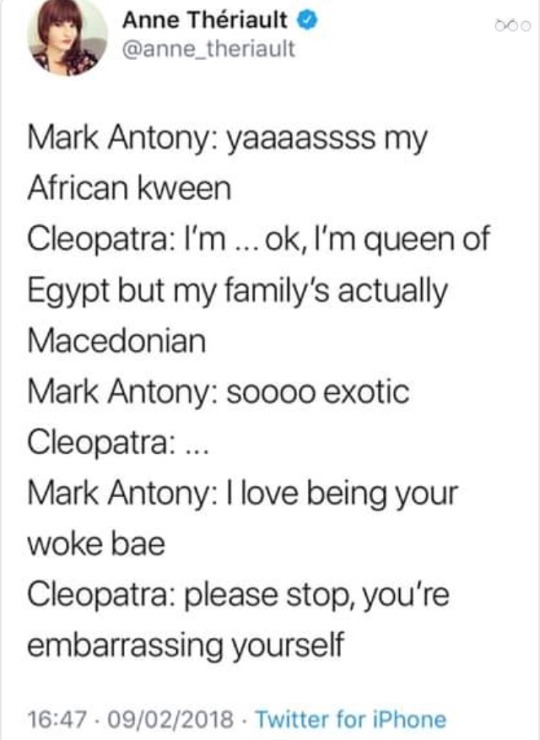

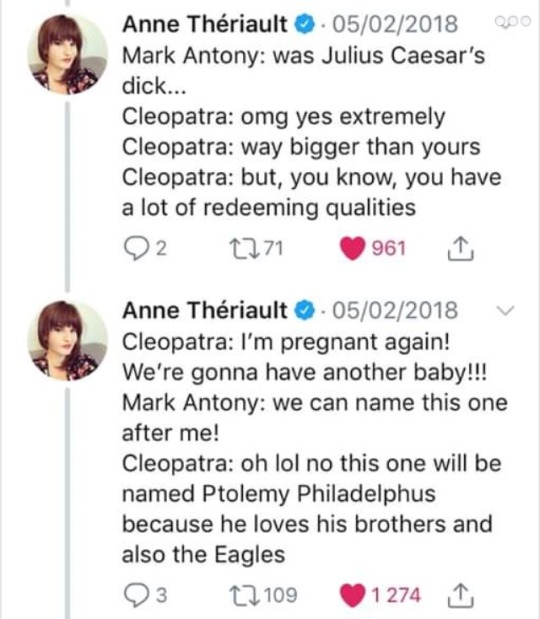

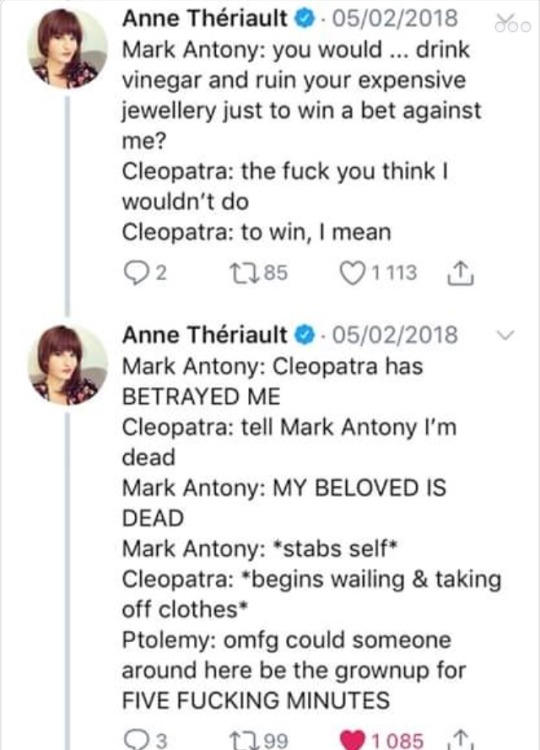

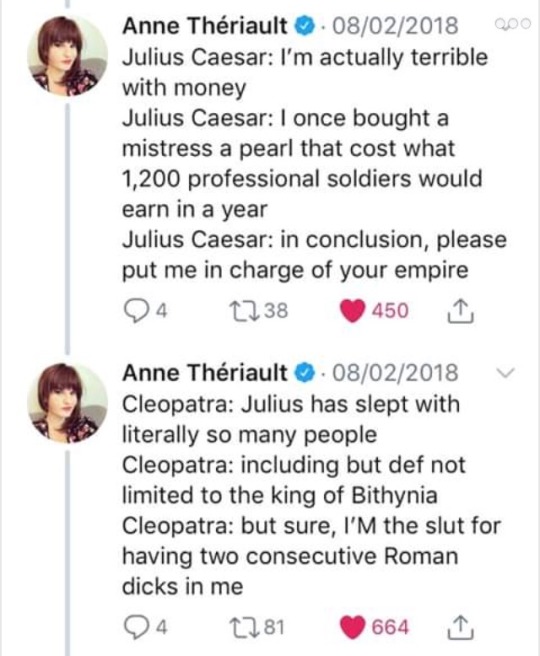
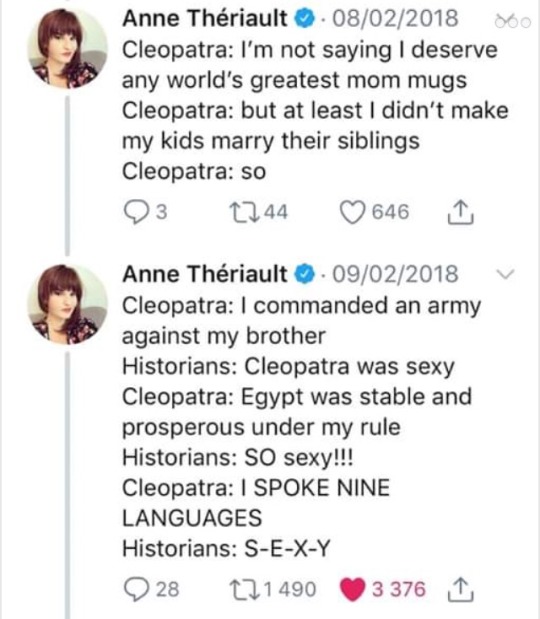
I didn’t see anyone post these Cleopatra tweets yet, I have to do everything my damn self.
These had me in stitches.
105K notes
·
View notes
Text






Jameela Jamil on fat discrimination in our society. She’s my hero.
35K notes
·
View notes
Text
california anti-drought measures are always like “take shorter showers! consider brushing your teeth with the sink turned off” and never mention the fact that nestle is bottling all of our fucking water and selling it to people who live in areas with plenty of water
165K notes
·
View notes
Photo










Over the course of my research I have found many examples of Indigenous activists objecting to stereotyped and slanderous depictions of Native Americans in film and television.
The 1910s, 1920s, 1930s, 1940s, 1950s, and 1960s, all enjoyed waves of Native activism in which politicians and film producers were hounded by organized agitation that demanded they to do something about the images they were presenting.
Without exception their concerns were dismissed by non-Natives, whether they be politician, film director, or newspaper journalist. If the protests got press coverage, the headlines usually mentioned something about the activists being “on the warpath,” “seeing red,” and other stereotype clichés.
In each era, the complaint lodged by activists was the same. The stereotypes seen on the screen were defining what an American Indian was for non-Native viewers, distorting history, reality, and adversely influencing thought. In other words, it was malicious propaganda. Non-natives learned everything they thought there was to know about the Indigenous population from the movies. And for most of its existence, the movies presented every character as a stereotype in a historically dishonest situation.
Television amplified the problem, rerunning the old stereotyped films constantly during its earliest years. TV soon created hundreds of hours worth of stereotypes of its own as the 1950s television western craze took hold.
It wasn’t until 1966-1967 that television networks responded to some of the concerns Native activists had about the way Native peoples were depicted. It took fifty-five years for someone to listen. The first major Native American protest objecting to slanderous screen depictions was in 1911(!)
The television series Custer with Wayne Mauder had a disclaimer added to it in 1967 after Native activists objected to the glorification of the notorious general. And in a television first, The Virginian (1968) hired all Native actors to play all the Native roles, but only after special guest star Buffy Sainte-Marie held up production and demanded it. Initially they told her it couldn’t be done because “there are no Indian actors.” Sainte-Marie called their bluff, responding, “I’ll find them for you.”
776 notes
·
View notes
Text
Outsiders are not not saving a language by learning it.
While I’m personally grateful services like Tribalingual exist, creating some academic access to Indigenous languages, particularly for Indigenous diaspora (if they can afford it), I’m extremely dubious of the notion that a outsiders learning an Indigenous language is somehow “saving” it. There was a testimonial from some white American girl learning Ainu itak, and she spoke of it as if she were collecting some rare Pokemon card before it went out of print or something, framing it in typical dying Native rhetoric. What is she going to do with Ainu itak, except as some obscure lingual trophy?
If you want to save a language, save the people.
Language means nothing without history and culture breathing life into it, and in turn we are disconnected from our history and ancestors without it. Support Indigenous quality of life, ACCESS to quality education, quality health services (mental and physical), land and subsistence rights, CLEAN DRINKING WATER, advocate against police brutality and state violence, DEMAND ACTION FOR MISSING AND MURDERED INDIGENOUS WOMEN.
Damn, if you really want to “save the language” pay for an Indigenous person’s classes for them to reconnect to their mother tongues. I’m not saying outsiders shouldn’t learn languages they’re invited to learn, but don’t pretend like you learning conversational Ainu itak is saving it from extinction.
22K notes
·
View notes
Text
freud: EVERY dude wants to fuck his mom and and EVERY girl wants to fuck her dad and also wants to be a man secretly
men: WOW!!!!!!!!!
134K notes
·
View notes
Text
countries where prostitution is legal have higher rates of human trafficking. that’s like an actual fact. not an opinion or anything. so tbh it seems a bit ‘swerfy’ to completely ignore that
134K notes
·
View notes
Text
“Solidarity is not the same as support. To experience solidarity, we must have a community of interests, shared beliefs and goals around which to unite, to build Sisterhood. Support can be occasional. It can be given and just as easily withdrawn. Solidarity requires sustained, ongoing commitment.”
— Bell Hooks
7K notes
·
View notes
Photo

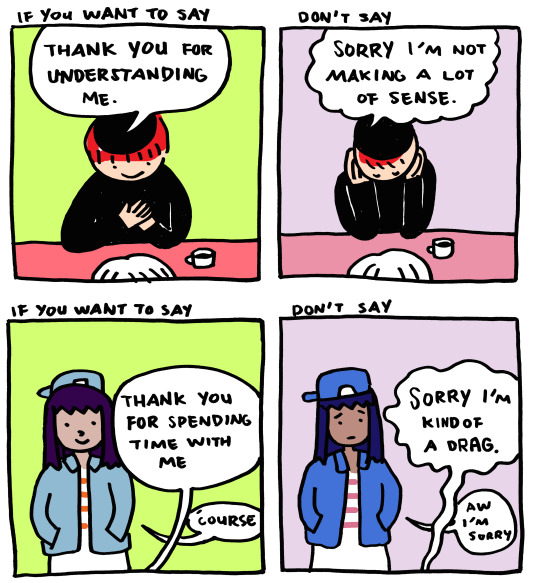
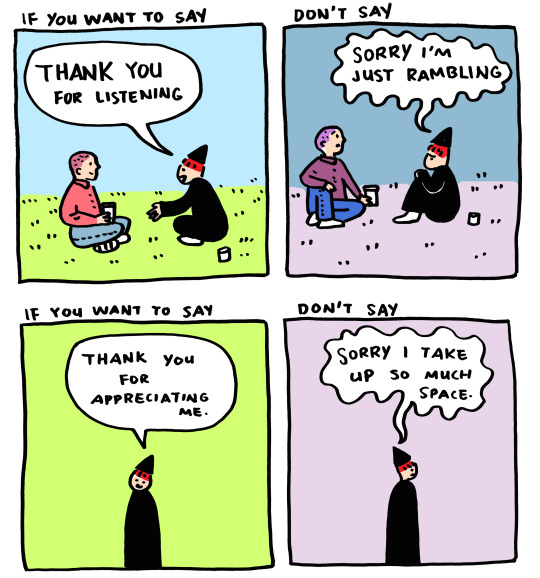
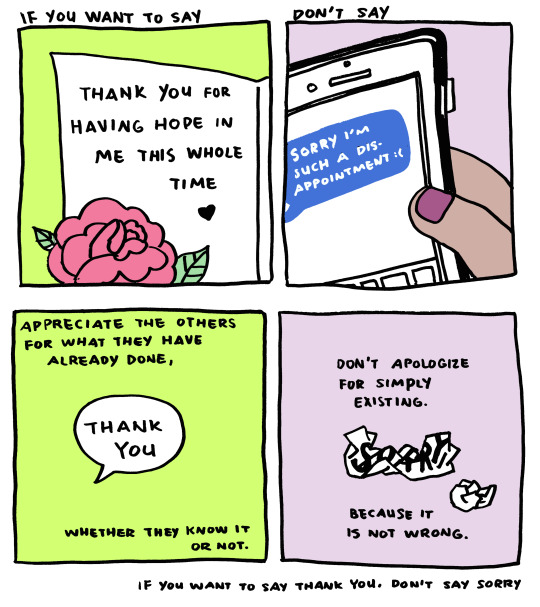
(via Saturday Morning Cartoons: Baopu #15) by Yao Xiao
words to remember
903K notes
·
View notes
Text
name one native american intellectual off the top of your head, name one native american actor or actress off the top of your head, name one native american senator, one native american news anchor, or an author or a tv personality or a singer or a poet or a comedian, name a single native american teacher you’ve had, can you? probably not
ok so now think of one native american cartoon character you know of or a sports team relating to native americans whether it’s their actual name or their team logo, or a town you live in or near with a “native” name bet a lot of these things came to you right away i bet you didn’t even have to think
needing native representation in media, education and government are not decoy issues, the commercialization and appropriation of native cultures are not decoy issues, the lack of native representation is institutional oppression at work
337K notes
·
View notes
Photo







Chris Hayes hits the nail on the head here: YouTube’s algorithm continues to reward its extremist creators.
3K notes
·
View notes
Photo

The San Francisco Examiner, California, March 1, 1933
7K notes
·
View notes

